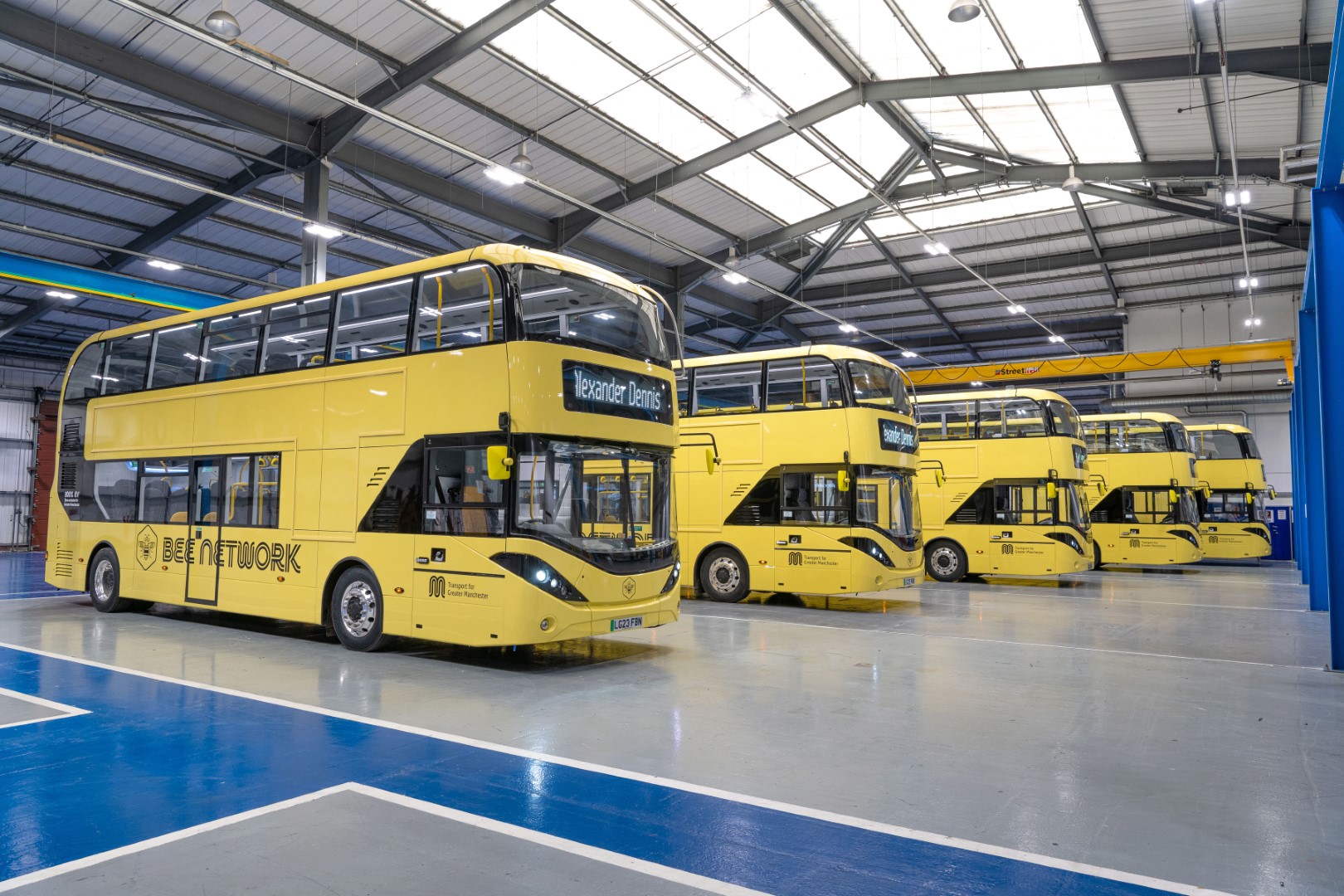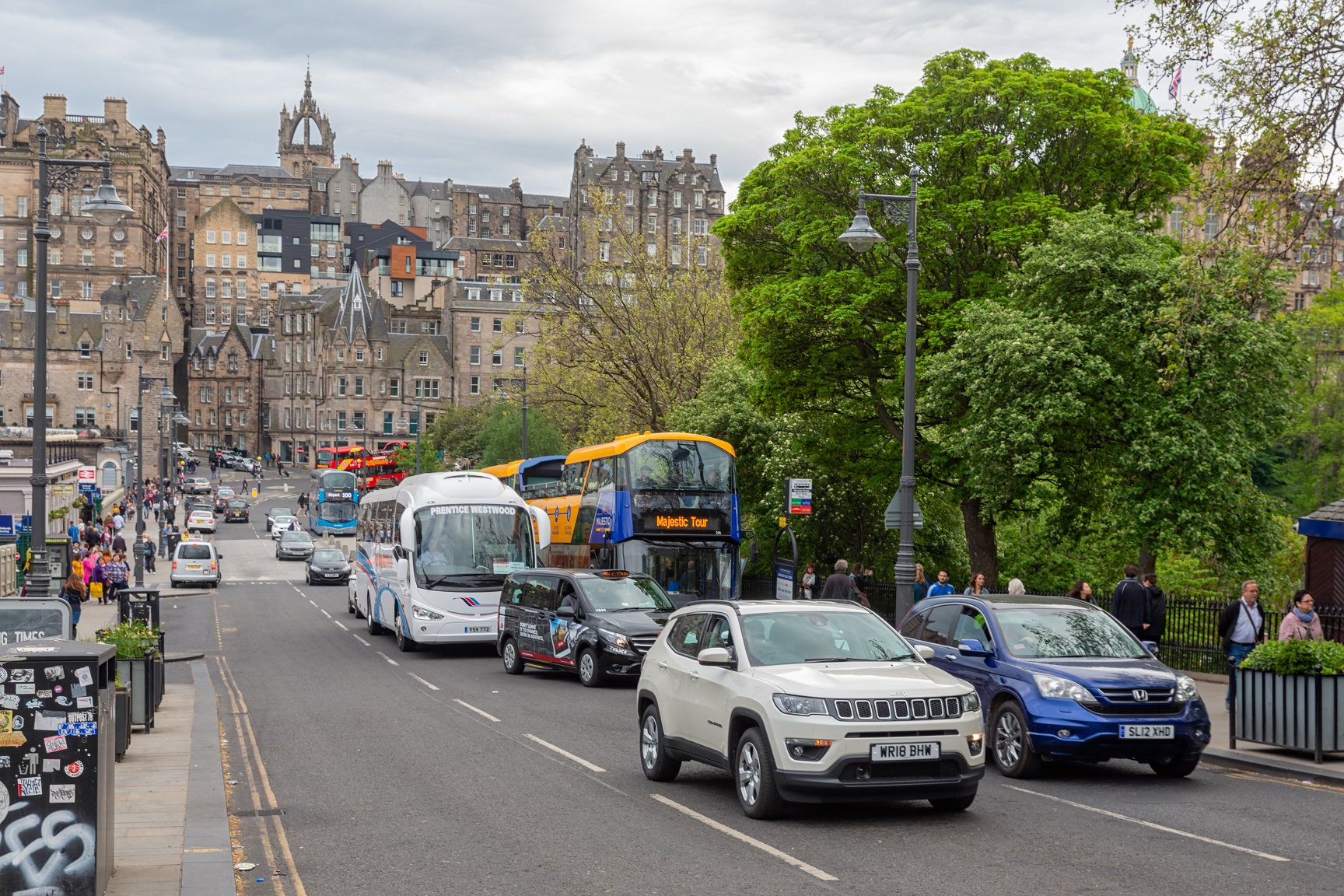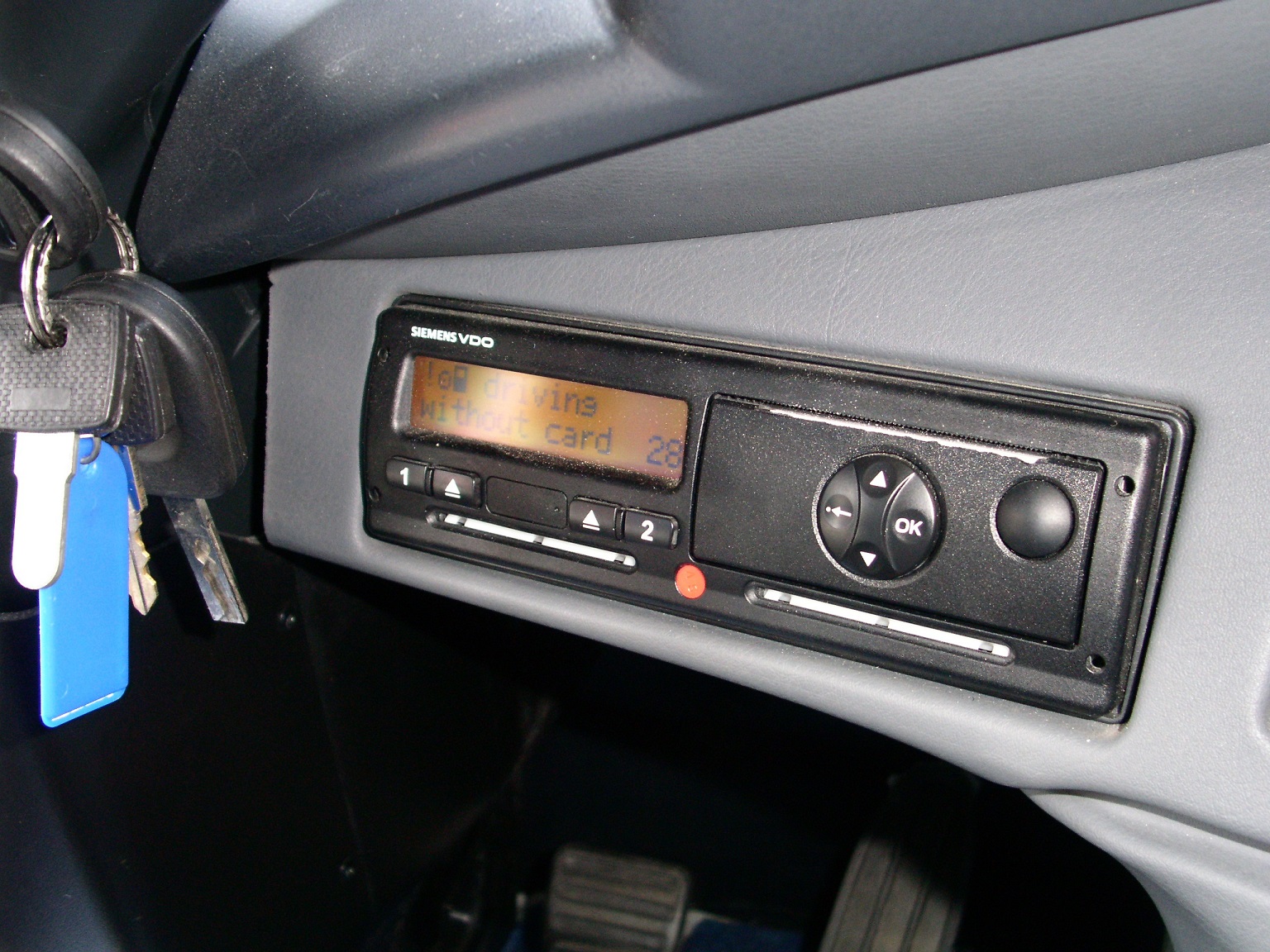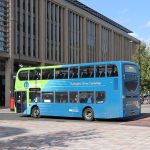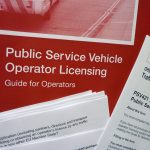Zemo Partnership Project Officer Tim Griffen reflects on Zemo Partnership’s 20 years of pioneering work in public transport
As we celebrate Zemo Partnership’s 20th anniversary this year, it’s worth pausing for reflection on what has gone before, taking stock of the changes we’ve helped stimulate through collaboration.
Reflecting on Zemo’s role in the UK’s progress along the ‘road to zero’ over the last 20 years, there are many highlights, but it has been Zemo’s work in the bus sector, through the very active Bus and Coach Working Group (which first met in December 2002) that has had the most direct impact on mass passenger transport.
Since 2009, the Partnership has laid the foundations for the UK’s success in decarbonising buses, playing a central role in the ‘bus innovation life-cycle’.
The Partnership, with its members, has been central in establishing the parameters for all the key UK government grant schemes to incentivise low- and zero-emission bus uptake and has underpinned these with industry supported vehicle accreditation processes.
Our terminology has evolved in parallel with technology advances; from the original Green Bus Funds to low carbon and low emission (LCEB and LEB), ultra-low emission (ULEB) and now zero-emission bus (ZEB and ZEBRA) schemes; we have constantly raised the bar – and the market has responded.
The Partnership has also worked closely to support other funding initiatives, including the updates to the Bus Service Operators Grant (6p/km LCEB and 22p/km ZEB) to align with wider environment policies set out by government.
The Partnership has carried the word to bus operators and local authorities with ongoing series of regional, low and zero-emission bus workshops and published several low- and zero-emission bus guides to help spread best practice and learning across the industry.
The UK’s policy on bus decarbonisation is widely recognised as having been a real success. The UK is now outperforming Europe on zero-emission bus uptake – a recent survey by the Dutch consultancy Chatrou CME Solutions has the UK at the top of a 31-nation league table for uptake of battery-electric buses.
According to Zemo analysis, an average of 513 new zero-emission buses (ZEBs) have started operations in the UK over the last three years.
Indeed, for the last two completed years, ZEB registrations accounted for close to 50% of all buses registered in the UK and the prospects look good for a significant majority of bus uptake in 2023 to be zero (tailpipe) emission, with battery-electric vehicles continuing to be the leading technology used.
There are around 2,000 ZEBs in service in the UK today, representing around 5% of the UK’s total fleet. By 2025/26, Zemo expects this figure to be 10%.
Zemo is now beginning to focus on decarbonising the coach and minibus sectors too, seeking to emulate the formula that has proved successful so far for buses.
Improving existing vehicles on the road also figures highly on Zemo’s list of achievements. The Partnership’s work on the Clean Vehicle Retrofit Accreditation Scheme has enabled operators to address the air pollution emissions from existing coaches and buses, helping them to comply with Clean Air Zone standards.
More recently, the Partnership also worked with government to develop an accreditation scheme for repowering buses to zero emissions (ZEVRAS) to enable operators to claim the significant BSOG ZEB uplift.
So, as we reflect on 20 years of hard, challenging work to decarbonise the UK’s road transport, there’s a great deal to be proud of, in particular for members of our bus community. We do hope some readers will be able to be with us at City Hall on 15 June at our Zemo20:Zero anniversary conference.




















